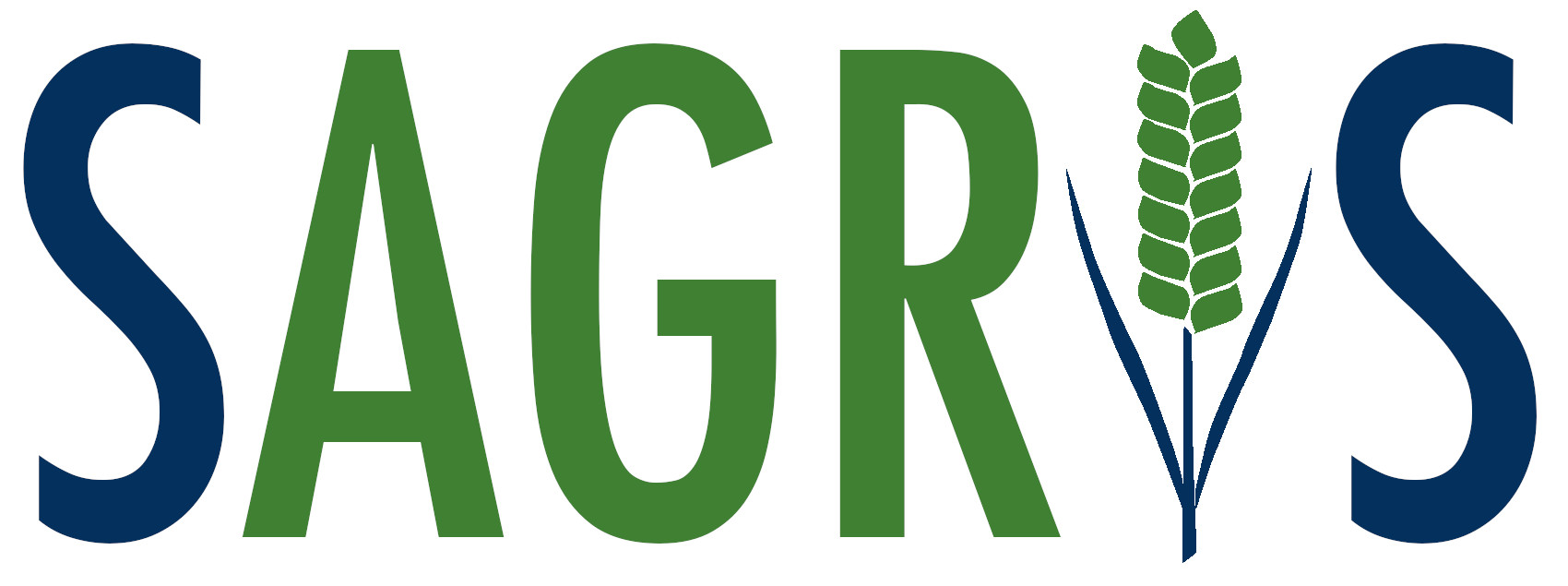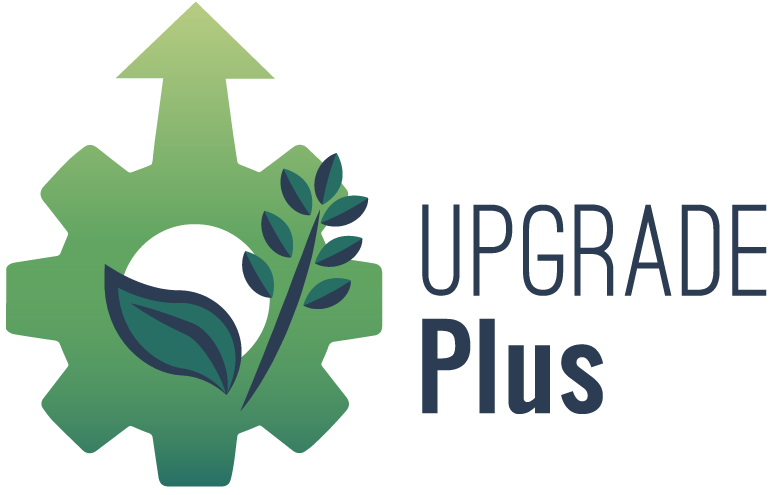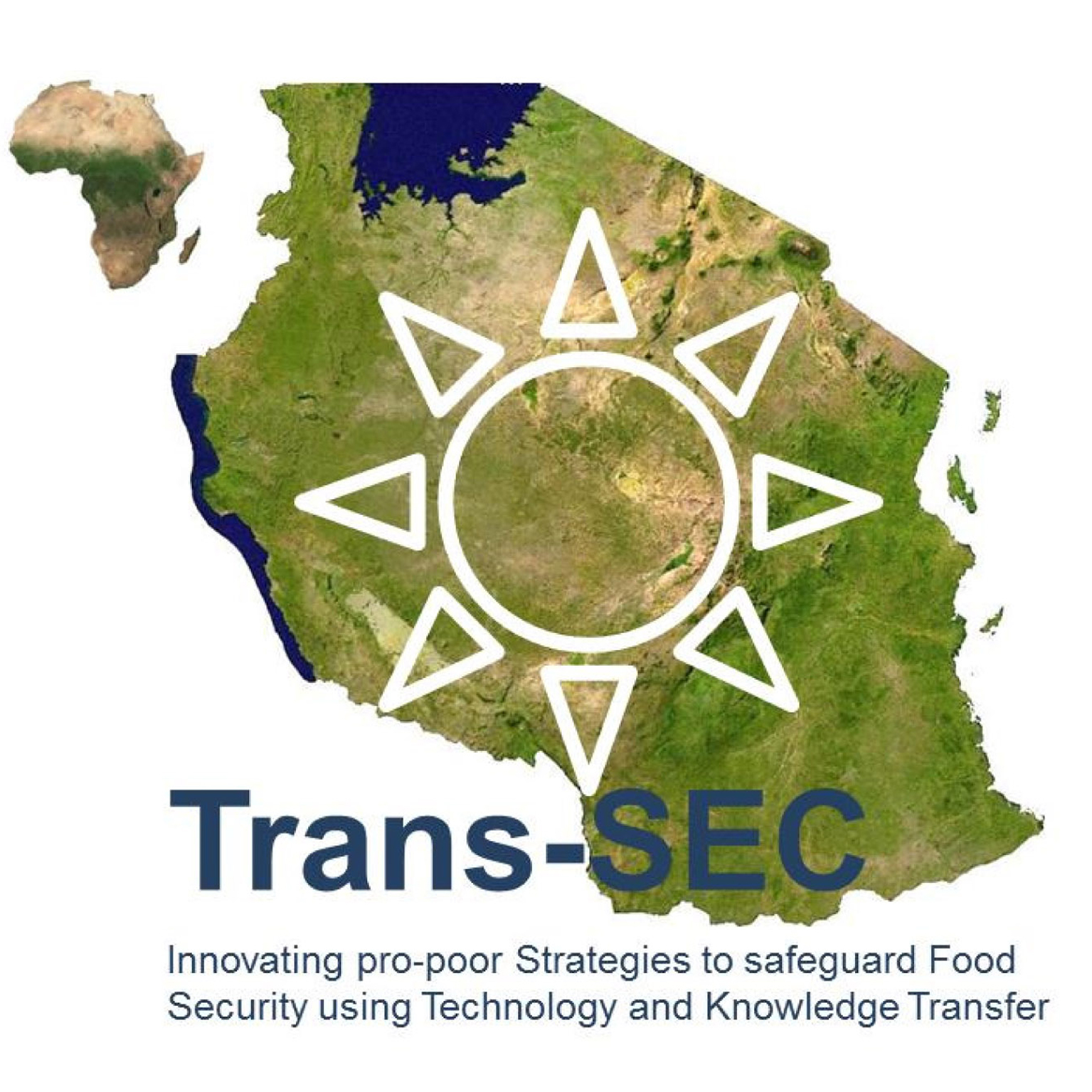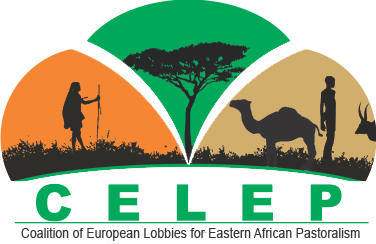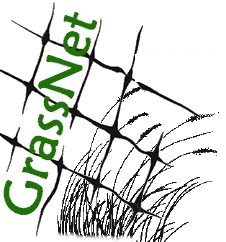Announcement of 2 MSc Thesis in the frame of the RELOAD Project
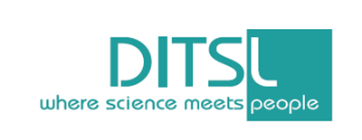

Announcement of MSc thesis research fieldwork funding on the topics of
Thank you fo
1) Activity analysis with small-scale milk transporters and milk bars in Nakuru county, Kenya
2) Collaborative learning to reduce losses and add-value between stakeholders: farmers, small-scale milk traders, and retailers
to contribute towards
Social Sciences: Knowledge, Collaborative Learning and Action (Sub-project 7)
in the frame of the project
Reduction of Post Harvest Losses and Value Addition in East African Food Value Chains (RELOAD)
funded through the
Research for the Global Food Supply (GlobE) initiative of the German Federal Ministry of Education and Research (BMBF)
Description of the study
The RELOAD project aims at developing and testing improvements for the reduction of post-harvest losses and the creation of added value using transdisciplinary research methods based on a cooperation of scientists, practitioners and other societal actors. Through the integration of cross-cutting social science methods (SP7), a project goal is to implement learning possibilities with different actors along the supply chain, including producers, transporters and manufacturers, to enlarge their scope of action and to improve their position along the value chain.
Cow milk is currently Kenya's most important agricultural commodity, both in terms of quantity produced and in terms of value (FAOSTAT 2011).
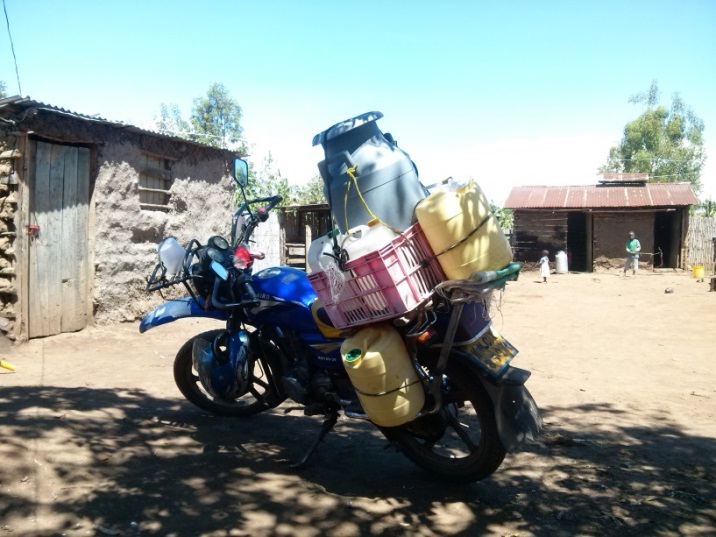 |
| Photo: Lelea, August, 2014. A motorbike belonging to a small-scale milk trader in Nakuru County, Kenya |
Milk is produced predominantly by smallholders. High losses occur at almost all points along the dairy value chain - comprising both losses in volume (spillage) and in value (spoilage), e.g. spillage of milk during milking, on farm handling and transport until the point of reception, spoilage due to contamination and microbial activity on?farm, as well as during transport and processing, and economic losses due to high price fluctuations between seasons and low net profit margins for the producers.
Small-scale milk traders, who move between 50 - 300 liters/day using bicycles or motorbikes, have been facing severe challenges with compliance of milk handling policies that are starting to be implemented. In 2014 traders were allowed to continue working as long as they had at least one aluminum or food-grade plastic container for milk transport. In 2015, enforcement of these policies is set to become more stringent.
A master thesis to be developed focusing on:
1) Activity and knowledge analysis - Document activities associated with post-harvest milk losses among small-scale traders and/or milk bars using a combination of oral and visual methods. Elicit the different steps in product handling using quantitative and qualitative research methods. As there are heterogeneous approaches used between different small-scale traders and milk-bars, which practices most contribute towards reducing losses in the system? Where possible, co-inquiry is encouraged as an action research approach.
2) Integration of stakeholders through collaborative learning - Analysis of inter-relations between stakeholders and their motivations, constraints and interests. How can different stakeholders along the small-scale dairy supply chain network engage in collaborative learning to reduce losses and add value? More specifically, what collaboration processes can enhance information flow between small-scale producers, transporters and retailers comprising milk supply chains? Together with organized groups within the specific supply chains of focus, identification of inter-group improvement opportunities and priorities for problem-solving; integrating research and action.
Preferred 2015 time frames
Topic 1
- February - April: Literature review and thesis proposal development
- May - July: Fieldwork in Kenya
- August onwards: Data analysis and writing of thesis manuscript
Topic 2
- May - July: Literature review and thesis proposal development
- August - October: Fieldwork in Kenya
- November onwards: Data analysis and writing of thesis manuscript
Study area:
The study will be carried in pre-selected research sites in collaboration with other RELOAD research partners within the Rift Valley, in Nakuru County, Kenya.
Prerequisite:
Strong interest in active collaboration with people involved in small-scale milk supply chains and application of social science methodologies associated with a transdisciplinary action research approach. Familiar with tropical smallholder farming systems/supply chain. Fluency in English. Knowledge of Kiswahili is an asset.
Funding
Costs of fieldwork and travel are covered by the BMBF project - RELOAD.
Supervision from DITSL
PD Dr. Brigitte Kaufmann and Dr. Margareta Amy Lelea
Application Process
Application is closed. Thank you for your interest
Transdisciplinary research for socio-ecological transformation of agricultural and food systems worldwide.
The German Institute of Tropical and Subtropical Agriculture (German acronym: DITSL) is a centre of expertise for transdisciplinary research on the sustainable development and transformation of agricultural and food systems.
Together with stakeholders from practice, society and different scientific disciplines we do research to develop new knowledge and foster innovation by bringing together different perspectives, interests and skills and engaging in dialogue.
Our projects follow a socio-ecological research approach focusing on the actors, their actions and their knowledge.
In this way, we contribute to the development of options for solving specific problems in the area of food and income security.
Our research
... enhances methods for transdisciplinary cooperation and participatory action research
... promotes dialogue and the integration of knowledge from different actors
... particularly takes the influence of local contexts into account
.... develops practical solutions with the involvement of various local actors
... promotes learning processes that encourage changes in behaviour
...provides impulses and a basis for decision-making for society and politics
We work on four thematic key area
- Pastoral communities and rangeland management in drylands
- Inclusive agricultural value chains
- Food sovereignty
- Agroecology and organic farming
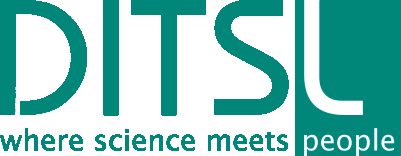
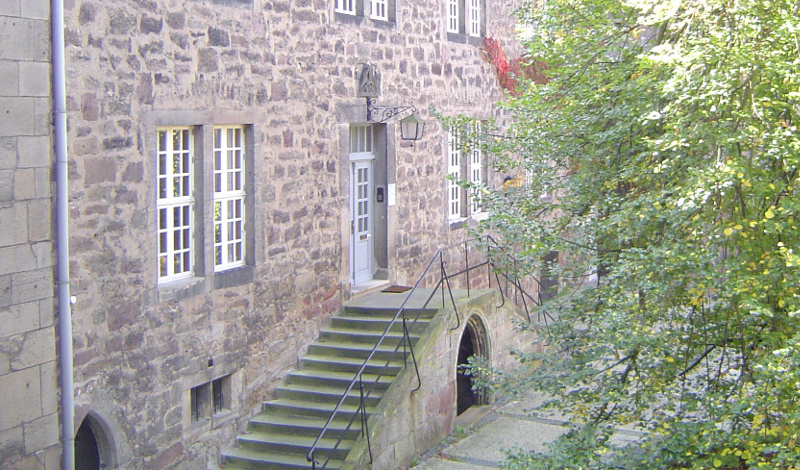




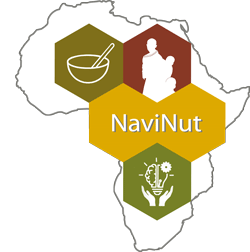 NaviNut
NaviNut